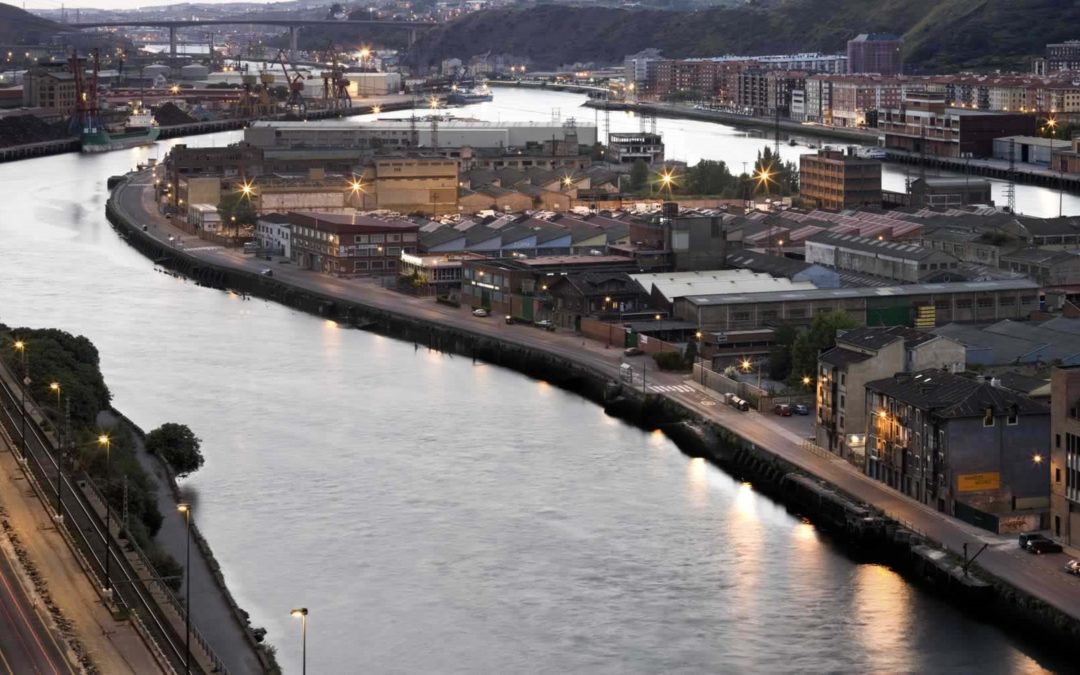Over the last year, we have lived through the most serious health crisis since the Spanish Flu, a century ago. In Spain and many parts of Europe, the measures taken to protect people’s health, in particular that of the most vulnerable, have ranged from relatively light measures such as the requirement to wear face masks, to extremely severe measures including absolute home confinement and the stopping of all non-essential economic activity, as occurred in Spain in March and April 2020. Fortunately, these measures have proved effective. Although the numbers of positive cases and deaths continues to be devastating, the health situation is far from being out of control, and the rising number of vaccinations are grounds for hope. The flip side of the coin of these measures, in particular the most severe, is the most serious economic recession in memory: By way of example, the Spanish GDP fell 11% in 2020, the biggest crash since the 1936-1939 Civil War.
Faced with the drop in demand resulting from the economic slowdown and general uncertainty caused by the COVID-19 pandemic, the Spanish public sector in general, and more specifically the Basque public administration, decided to use part of its annual budgets to help the sectors most affected by the pandemic. This includes employing conventional and non-conventional measures such as the reduction by the FED and the ECB of interest rates to zero, or successive quantitative easing.
For this reason, the Bilbao City Council has been forced to restructure its municipal budget for the years 2020, 2021 and the following ones, resizing many items, the items destined to the urban regeneration activities planned for the Zorrotzaurre Island in the coming months being some of them. These budgetary changes are directly affecting the achievements of some of the activities framed in the Positive Energy District of ATELIER’s Lighthouse City Bilbao, so we are immersed in a process of analysis that is intended to be canalised through an amendment to the EU in the coming months.
Also, the European Union has also launched the most ambitious financial package in its history, adding a further €750,000 million to the €1,074,000 million of the long term 2021-2027 budget, aimed at mitigating the effects of the economic recession. These investments may be used to increase demand and create jobs, as occurred in previous depressions such as those of 1929 or 2008. Nevertheless, beyond their role of mitigating the short-term effects of the financial crisis, these investments can be used for much more, as a lever for European recovery and reinforcement of the European project. The very name of the budgetary package, NextGenerationEU, refers to its aim to rebuild, as did the Marshall Plan in its time, with which it has recently been compared. In fact, it shares many of its founding principles with this plan, including the objective to stabilise the economy, boost re-industrialisation, innovation and competitiveness, and stimulate European integration. The two fundamental differences between NGEU and the Marshall Plan are that Europe today has a physical and intellectual capital which remain intact, and that they have been working on a regional and decentralised perspective for decades. This will permit the funding to be allocated not only as a European top-down vision but also as a national and regional bottom-up vision.
Along the lines of this second difference, under the framework of an increasingly decentralised management, city councils appear as key agents for guaranteeing the quality of life of European citizens. The cities are where we live, work and enjoy ourselves; they are where we write the stories of our lives. By giving a greater role to these local authorities, which are in close contact with the general public, universities, SMEs and entrepreneurs, it will be possible to obtain a more efficient use of resources and to guarantee solid foundations for the European reconstruction project.
ATELIER appears in this context as an example of the above, an innovation project, bringing together stakeholders making up the quadruple helix (local authorities, universities, businesses and society), a trans-European collaboration project, with 30 partners from 11 different European states, promoting innovation and competitiveness and fighting against the climate emergency, addressing such an important area as energy.
Now more than ever, ATELIER’s role as an innovative European project that acts as a catalyst for the local economy becomes more and more important, to help our knowledge centers to expand their knowledge, our companies to be more competitive and citizens to be co-participants and co-creators of the energy transition process driven from the European Union through the Horizon 2020 funds.
Written by:
Jordán Guardo Vázquez and Patricia Astorgano Rodera (Lighthouse City Bilbao)
